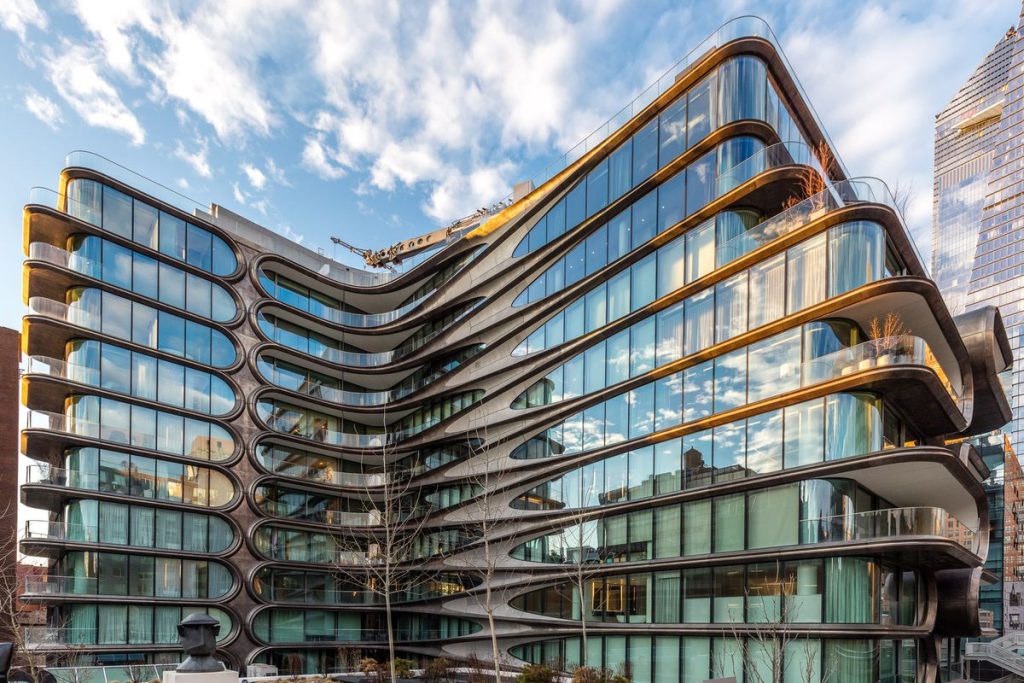In recent years, the concept of luxury living has evolved beyond traditional norms, paving the way for the rise of serviced apartments. These accommodations offer a compelling alternative for travelers and residents alike, combining the comforts of home with the amenities of a hotel, all while catering to a variety of budgetary needs. The appeal of serviced apartments lies in their flexibility; they are designed to accommodate short-term stays and longer-term rentals, making them suitable for business travelers, tourists, and even individuals in need of temporary housing solutions. Unlike conventional hotels, serviced apartments provide spacious living areas that include separate bedrooms, fully equipped kitchens, and often a designated workspace. This setup not only enhances comfort but also encourages a sense of privacy and independence. For families or groups traveling together, the option to cook meals and share communal spaces adds a communal feel that is often lacking in traditional hotel settings.

Moreover, serviced apartments typically offer a range of amenities such as housekeeping services, gym facilities, and sometimes even concierge services, mimicking the luxurious experience associated with high-end hotels. This blend of convenience and luxury at a potentially lower cost has contributed significantly to their growing popularity among travelers seeking more than just a place to sleep. From a financial standpoint 香港酒店式服务公寓, serviced apartments can be more cost-effective than extended hotel stays, especially when factoring in savings on dining and laundry services. For corporate clients, these apartments present a viable alternative to expensive hotel bills while providing a homely atmosphere that fosters productivity and relaxation. The trend towards serviced apartments is also reflective of shifting consumer preferences, where travelers increasingly prioritize authenticity, local experiences, and personalized service over traditional luxury. By integrating themselves into residential neighborhoods rather than central business districts, serviced apartments offer guests the opportunity to immerse themselves in the local culture, explore nearby cafes, markets, and attractions, thereby enriching their overall travel experience.
Additionally, the flexibility of serviced apartments extends beyond their physical amenities. Many providers offer customizable leasing terms, allowing guests to tailor their stay according to specific needs, whether it is for a few days, weeks, or months. This flexibility makes them an attractive option for expatriates, digital nomads, and anyone undergoing relocation or renovation. In conclusion, the rise of serviced apartments represents a paradigm shift in the hospitality industry, catering to a diverse clientele seeking comfort, convenience, and value. As travelers continue to seek out accommodations that offer more than just a place to sleep, serviced apartments are poised to remain a preferred choice, offering a compelling blend of luxury living on a budget. Whether for short-term stays or extended periods, these apartments redefine the notion of temporary housing, providing a home away from home without compromising on style or substance.